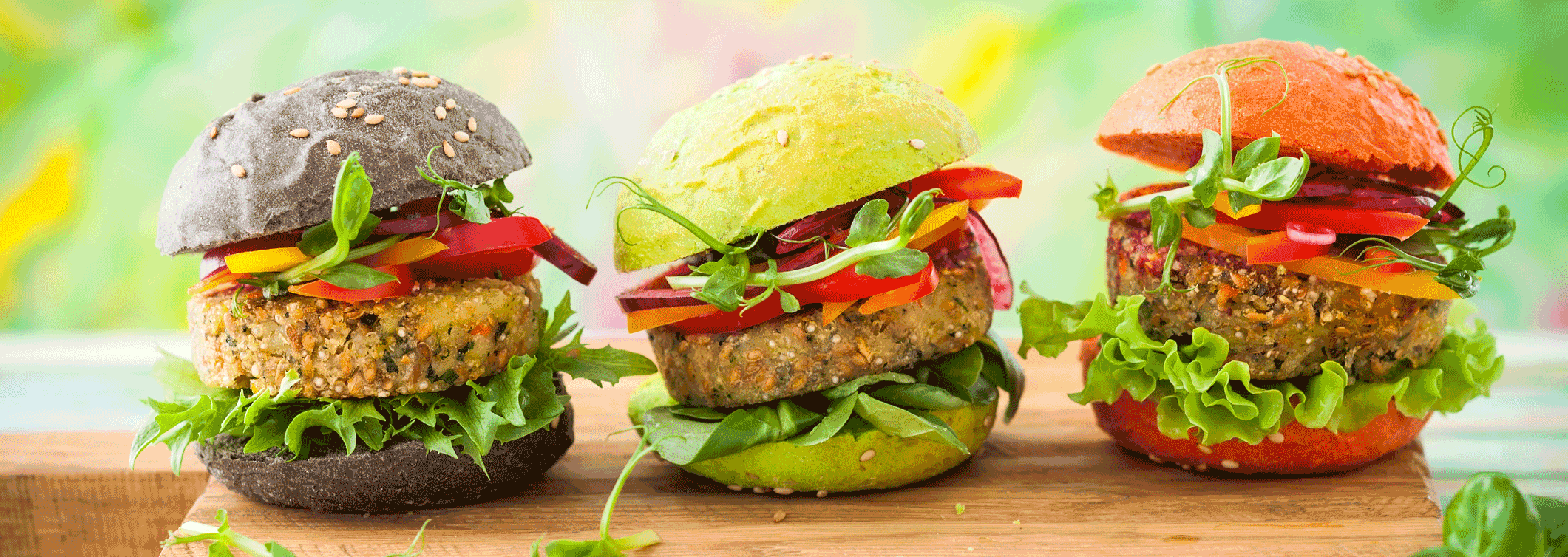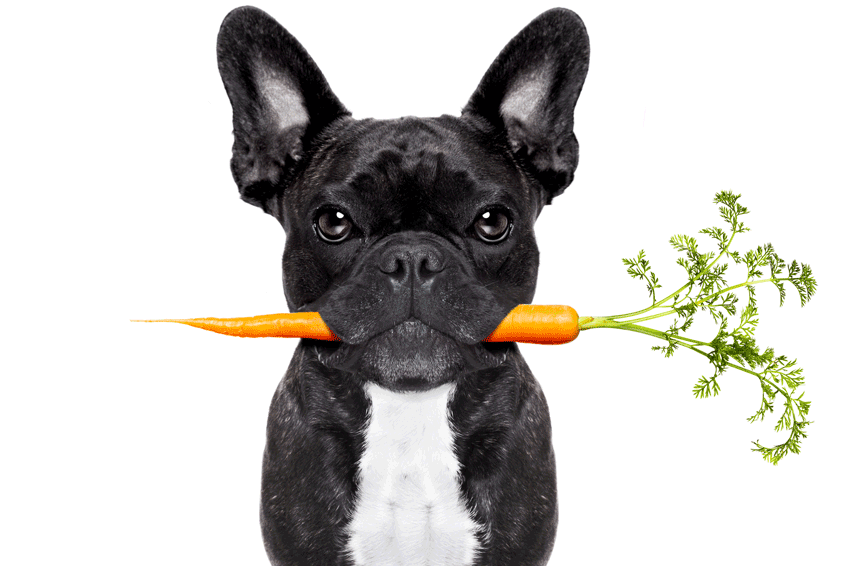If you’re like most people, vegetarianism and veganism appear to be about the same diet. They’re actually quite different – but how? Let’s examine each diet in turn, and explore their respective benefits and differences.
What links vegetarianism and veganism together is the dietary restriction of animal-based foods. That’s where it ends…
[social_quote duplicate=”no” align=”default”]I did not become a vegetarian for my health, I did it for the health of the chickens.Isaac Bashevis Singer
[/social_quote]
What Are Vegetarians?
A vegetarian is someone who doesn’t eat any type of food that results from the killing of animals. This means that a vegetarian diet excludes meat, game, poultry and seafood as well as food items like gelatin and bone marrow that aren’t actually animal flesh, but that are derived from the killing of animals.
Dairy products and eggs are the wild cards when it comes to vegetarians because animals are not actually killed for these foods. That being said, some vegetarians choose to avoid one or the other of these food groups in their diets. Here’s the breakdown of subgroups:
- Lacto Vegetarians: Traditional vegetarians who also eat dairy products
- Ovo Vegetarians: Traditional vegetarians who also eat eggs
- Lacto-Ovo Vegetarians: Traditional vegetarians who also eat dairy products and eggs

What is Veganism?
Vegans are arguably the most strict in their diets. In addition to excluding foods that a traditional vegetarian excludes, vegans eat neither eggs nor dairy products.
Similarly, they prohibit a host of animal-derived food ingredients, such as…
- Honey: Derived from bees
- Gelatin: Derived from boiling the skin, bone and cartilage of various animals
- Pepsin: Derived from pigs
- Shellac: Derived from lac beetles
- Cochineal, carminic acid and carmine: All red food pigments that are derived from female cochineal insects
Vegetarians, Vegans and Non-Food Products
As you can see, vegetarians and vegans are concerned with consuming animal and animal-derived products, so it makes sense that many people who abide by these diets use the same principles in other areas of their lives.
Generally speaking, this is true for vegans more than for vegetarians, as vegans are against eating or using any products that come from animals. Here are some examples of non-food items that vegans might avoid…
Clothing
- Silk from silkworms
- Leather and suede from cows, pigs and various other animals
- Wool from sheep
- Fur from various animals
- Health and cosmetic products
- Makeup containing animal-based pigments or those that are tested on animals
- Oral hygiene products containing dairy products
- Shampoos or body lotions containing dairy products or honey
Household Products
- Leather furniture from cows, pigs and various animals
- Paints containing egg shells or animal bones
- Down feathers in pillows and comforters from ducks or geese
Veganism sounds great, but curiously, the world does not benefit from too many vegans. What would happen if everyone went vegan? Check out this excellent video from BBC Earth Unplugged…
Why Do People Choose These Diets?
Vegetarians and vegans follow particular diets that restrict animal-based foods for a host of reasons. For example, many are concerned with animal welfare and feel that it’s unnecessary to slaughter animals for food when we have so many other, plant-based food sources available.
Others care more about the environmental impact of the livestock industry. And still others feel that excluding animal products from their diets will result in a healthier lifestyle.
Both vegetarian and vegan diets can be safe and healthy. However, it’s important that practitioners ensure they are consuming adequate amounts of protein and other nutrients.
In most western diets, for example, animal products provide primary sources of, not only protein, but also B-12, vitamins D and K, iron and calcium. So these elements need to be replaced with other foods.
The Rest of Us
For those struggling with the concept of not eating meat, here’s Hank of the vlogbrothers ranting on the dilemma in this ponderous video…
In Conclusion…
If you wish to try one of these diets for yourself, the Internet provides many resources for beginners. The most important thing to remember is that, just by thinking deeply about the foods you put in your body, you can make a difference, not only for yourself, but also for your community, and for the health of the world.

